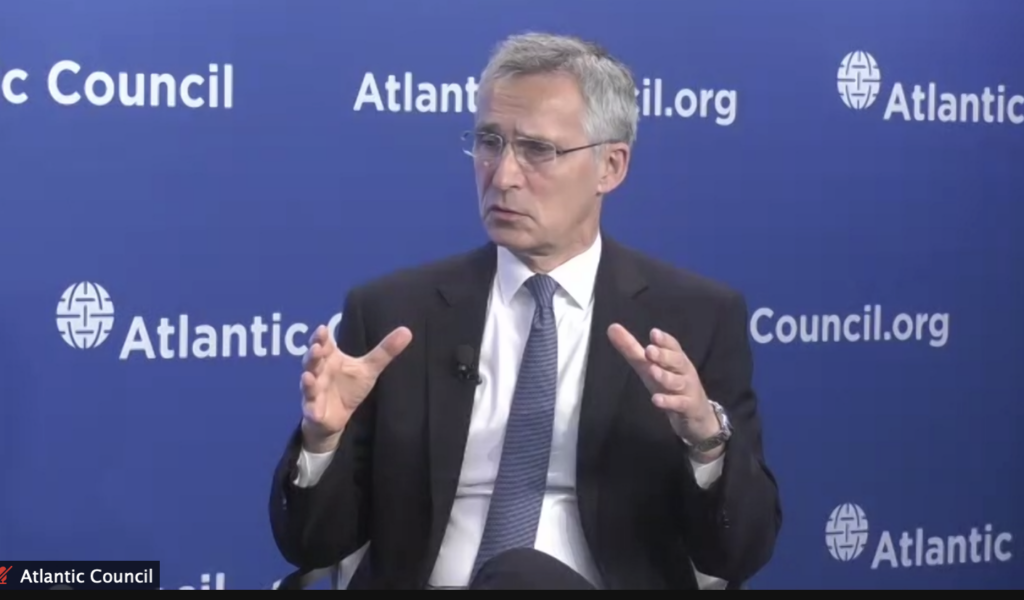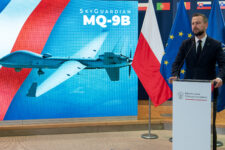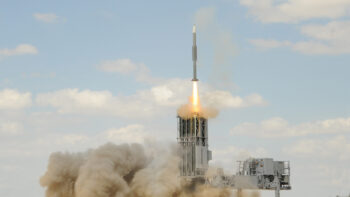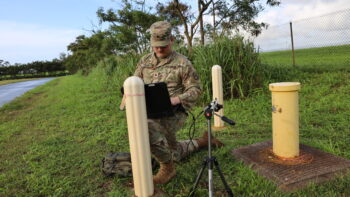
NATO Secretary General Jens Stoltenberg speaks at the Atlantic Council
WASHINGTON: NATO is still figuring out how it can continue to train Afghan forces after NATO troops depart Afghanistan, the alliance’s top official said this morning.
“The drawdown is on track and we’re drawing down our troops in a coordinated way,” said Jens Stoltenberg, NATO’s Secretary General. He was in Washington to meet with President Biden – who very publicly pledged to pull out US forces by 9/11/2021 – and with key members of Congress ahead of next week’s NATO summit in Brussels. Preserving the safety of NATO troops as they withdraw is “our main concern,” he told an Atlantic Council webcast, but it’s also important to “preserve hard-won gains.”
The Foundation for Defense of Democracies’ Long War Journal currently estimates that the Taliban control or control 76 percent of Afghan districts, home to 64 percent of the population.
While NATO troops will leave the country, Stoltenberg emphasis, a NATO civilian presence will remain, helping build capacity at Afghan institutions. NATO will also continue to fund the Afghan National Security Forces, which depend on foreign money to meet payroll.
It’s still to be determined, however, how NATO will continue training Afghan troops. The idea is to bring Afghans to other countries for training, but it sounds like most of the details are yet to be determined.
“We are looking at how we can provide training outside Afghanistan,” said Stoltenberg. “We can train Afghan forces in other countries. We are ending our military mission in Afghanistan, but we are not ending our support for Afghans,” he emphasized.
Stoltenberg also spoke to rising concerns about Russia and China – although he was careful to underline NATO’s formal position that “China’s not an adversary,” as US officials often refer to the relationship. He also touted increases in defense spending by the alliance’s European members. While most NATO members still don’t meet the alliances 2 percent of GDP target, the number that do has grown, he said: “Back in 2014 it was only three allies that spent 2 percent of GDP on defense; now we are at 10 allies.”
Alliance members have until 2024 to meet the 2 percent goal.
“We have now seven consecutive years of increased defense spending across Europe and Canada,” Stoltenberg said.
Israel signs $583 million deal to sell Barak air defense to Slovakia
The agreement marks the latest air defense export by Israel to Europe, despite its ongoing war in Gaza.


























